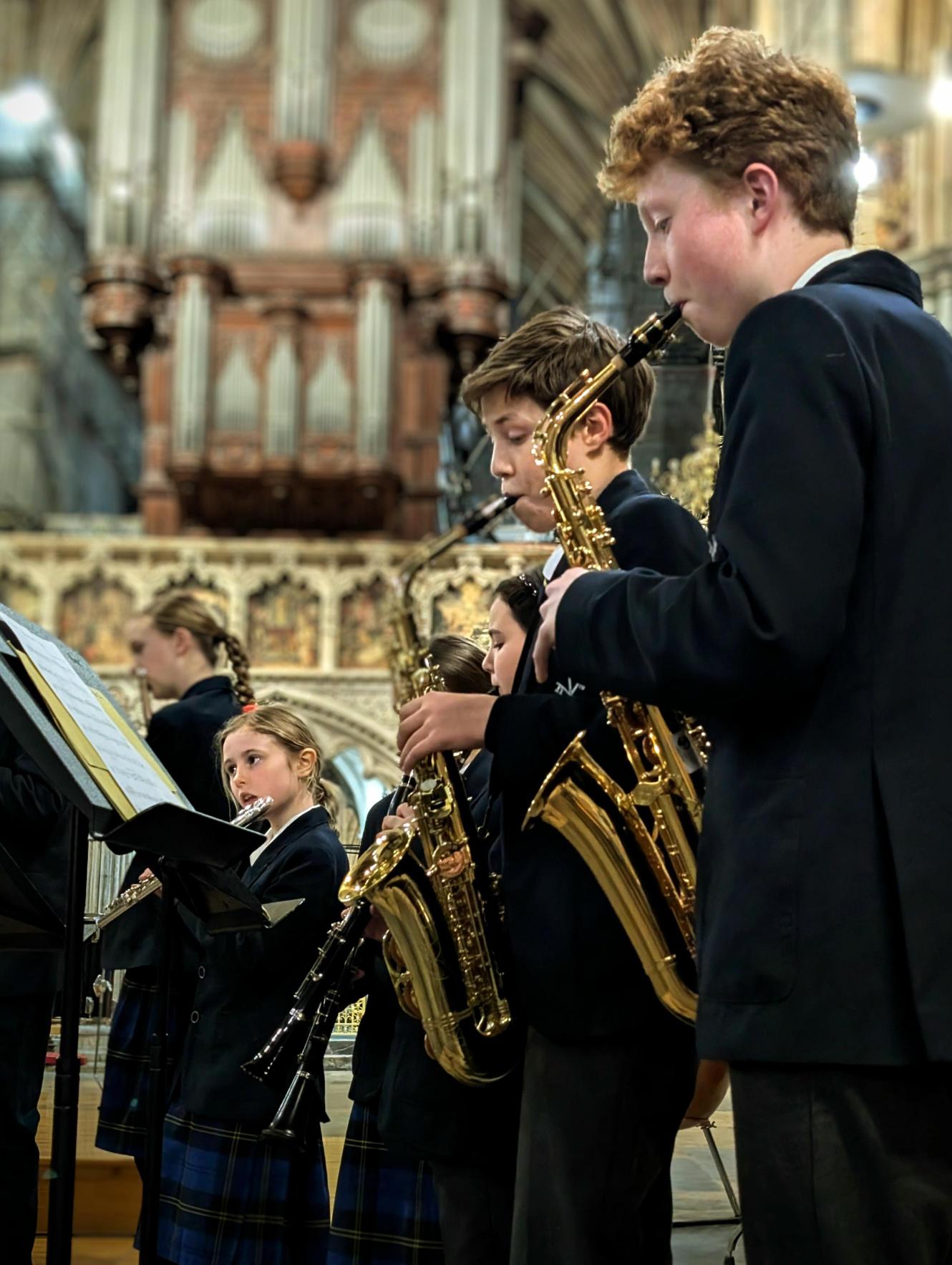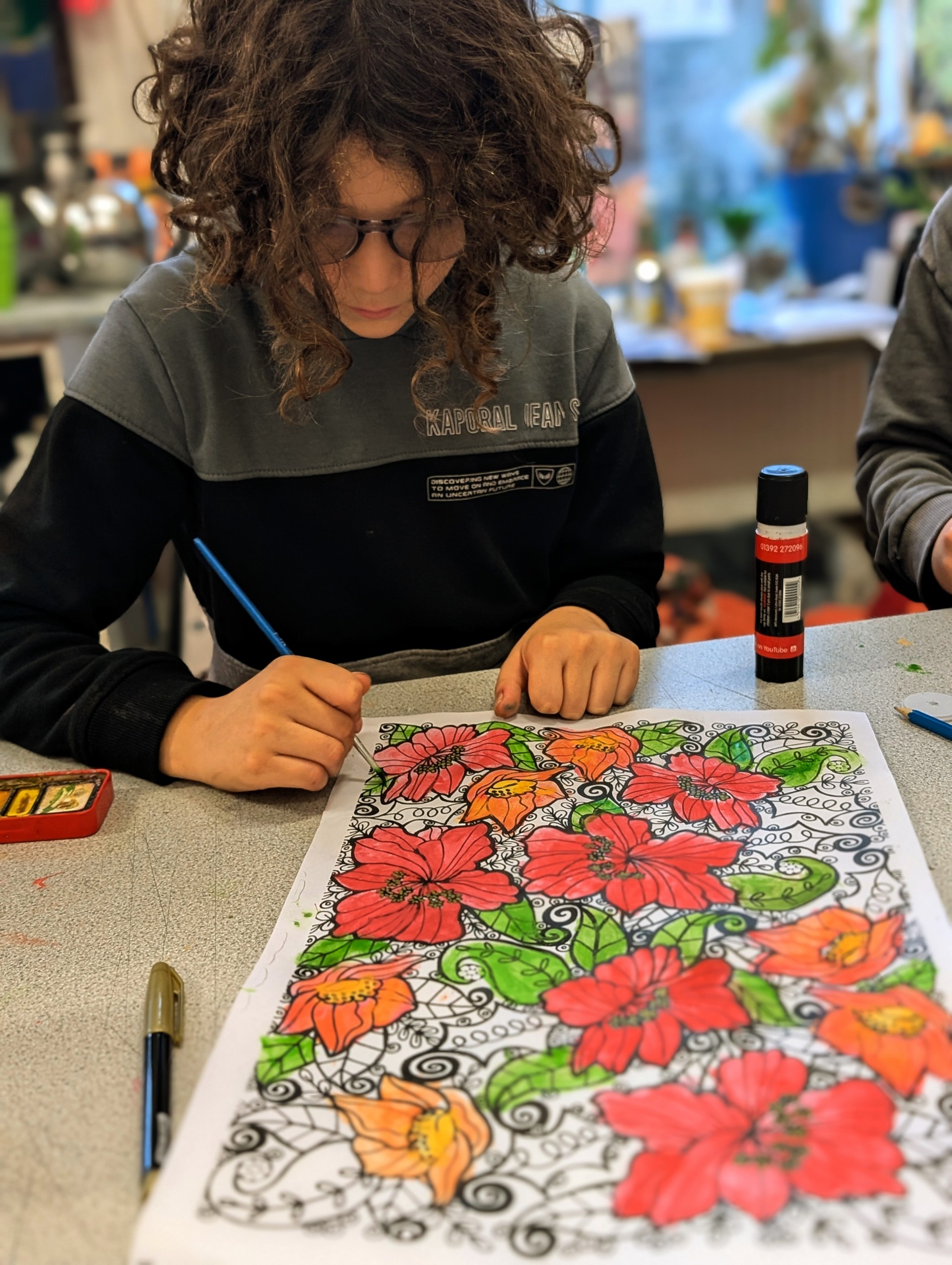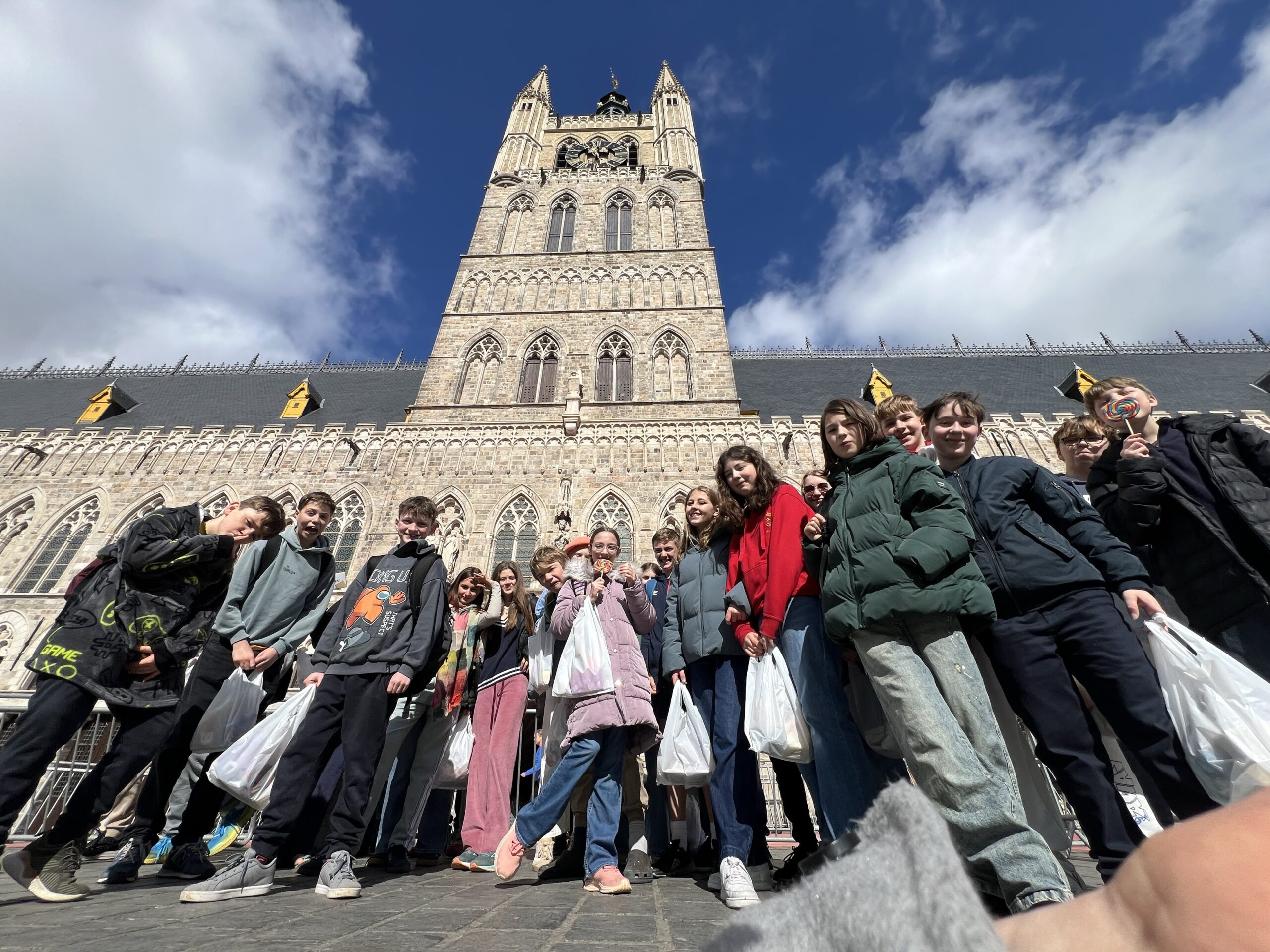If you haven’t had a chance to look at my letter from last week, you may find it useful to read it [or read it again] as part of the process of understanding something of an important aspect of Christian life, which is the Eucharist. Last week’s introduction, I hope, will be useful for the following weeks.
By way of a reminder. To understand the Eucharist, a powerful symbol is the ‘Five Wounds of Christ’. These five wounds, Christ’s hands, feet and side, come together as a powerful ‘image’ of the Love of God. The number five forms the structure of the Eucharist:
1. The Coming together or the Gathering and Confession.
2. The reading of the Word from the Bible.
3. The offering of the bread and wine; their blessing pointing towards the Body of Jesus Christ.
4. The receiving of common – being one with Christ and each other.
5. The sending out to be that Body.
So, this week the Gathering.
If you invite me into your home, I come across the doorway into a gathering, not simply an entry into a building. If you come into my home, I like to think that you’ll sense when you cross the doorway, what kind of lives are lead inside the home and what the relationships are. You’ll probably sense an atmosphere. The hope is that that atmosphere will be welcoming, open, warm, accepting and generous. Notice the five descriptions in that last sentence. The five wounds of Love in a home. That’s what hospitality is.
When you ‘come into’ a Eucharist, the liturgy – the resources used to worship the God of Love – the hope is that welcome, openness, warmth, acceptance and generosity create the atmosphere of hospitality in the mystery of God. Of course, the point is that all human relationships can then potentially be an experience of that ‘gathering’.
When you do go to someone’s house, you may well take some small gift with you. You prepare yourself in some way for the coming together – the gathering. Likewise, it’s important to prepare yourself for the Eucharist. You are Christ’s guest. So, it’s important to have three things in your mind and heart before you come.
What are you going to offer of yourself to the Body: your time, your skills, some of your resources, you care, your hopes…..?
and the Confession.
As part of the Gathering, there comes a moment, which can so often be slipped over and even misunderstood. The confession is about ‘US’… ‘WE’… not ‘I’…. ‘Me’. In other words, when we confess together we acknowledge that our relationships to and with each other are flawed; that the Church has indeed failed in its desire for unity; that our own participation in the daily living can so often be about shifting blame on to others and avoiding our corporate responsibility. And in all that, there’s a turning away from the Love of God coupled with a desire to turn back (that’s what repentance means!) to that Love. When the priest pronounces the absolution at this point, he or she ‘opens a door’ to freedom and hope – if you use them. Tough? Indeed, it is! But – wonderful!
Bishop Martin Shaw














